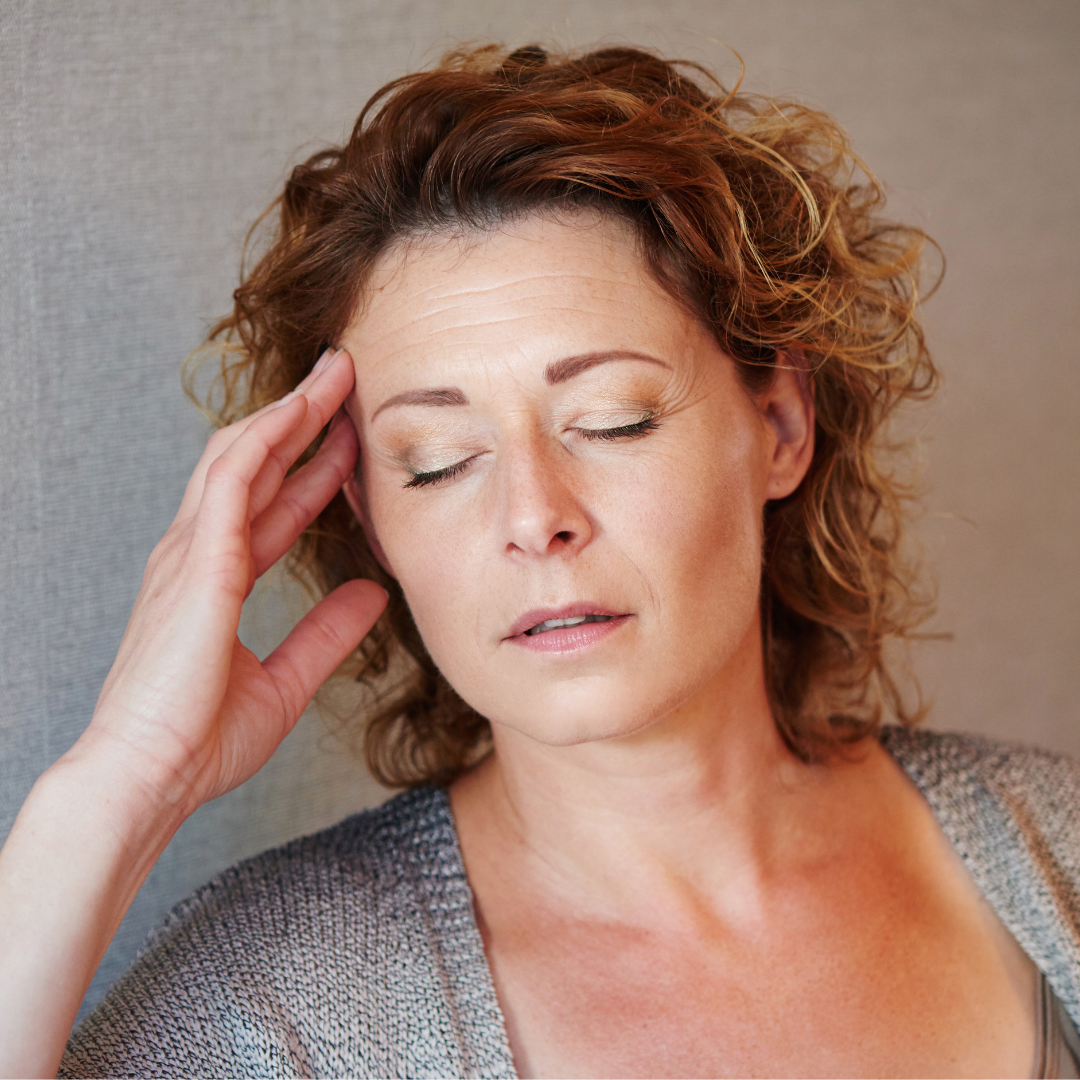
When does the menopause start?
5 facts about the start of the menopause
Peri menopause is the time when your hormones begin to change, you can still be having regular periods and blood tests are not very helpful at working out what’s going on - its all about how you feel. It usually starts around age 46.
Menopause is the official name for the time when you have gone for 12 months without having a period - usually around age 51.
Symptoms there is a huge range of symptoms but very few women experience all of them. The best way to make the right choices about how to manage your menopause is by understanding the symptoms which are bothering you most.
A symptom tracker can help you keep a track of what’s going on for you - our members all have access to our personalised tracker, allowing them to tailor their monthly printable to keep a note of the symptoms specific to them.
Silent symptoms of menopause are an increased loss in bone strength and less protection against heart disease.
Let's dive into the detail about the start of the menopause...
One thing women tell us all the time is that they had no idea menopause starts so early.
The average age when you might start noticing you feel different is about 46. But that’s an average - you could be younger or older. You can be having regular periods and have symptoms, in fact that’s very common. Blood tests can show normal hormone levels and you can still be peri-menopausal and experiencing symptoms.
Never be told “you’re too young,” or “you can’t be peri-menopausal because you’re still having periods,” or “because your hormone levels are normal”.
The only way to know if peri-menopause is starting is by knowing and understanding how you feel, and if how you feel is changing. Diagnosing the peri-menopause is all about you and how you feel.
Different names for menopause
You’ll hear us talk about peri-menopause and also about menopause. You really don’t have to get too het up about the different terms. Peri-menopause is the time leading up to the point when you haven’t had a period for 12 months. After that it’s classed as menopause but these are just technicalities - you can refer to the whole time as menopause if you want - it really doesn’t matter.
What should I look out for?
There’s so much more to menopausal symptoms than hot flushes. The word symptoms make it sound like an illness but that’s not true at all. Menopause is a totally normal part of every woman’s life. The list of all the possible affects or menopause symptoms is huge, but please don’t panic, you won’t experience them all. Some (lucky) women don’t experience any! The reason there’s many symptoms, and they’re so varied is because menopause is all about changing levels of hormones. The hormones circulate around your body and can affect it in lots of different ways. The main hormone is Oestrogen:
Oestrogen is the “female” hormone
It's involved with everything that makes you female. It affects every part of your body from the top of your head to the tips of your toes. Levels of oestrogen begin to change during peri-menopause. One minute they’re normal and just a few minutes later they can drop to low levels, and then back to normal again. Like a roller-coaster. As the hormone levels change, you can feel different. That’s why you might feel great one minute and awful the next. It’s also why taking blood tests isn’t usually helpful to diagnose peri-menopause. The blood test only shows hormone levels when the blood was taken - it might have changed five minutes later.
Track your symptoms
Being specific about your symptoms can be so helpful when it comes to working out the best way to manage them. We’ve made our symptom tracker in a way that allows you to tailor it to your specific menopause experience. It will help you keep a record of what’s changing. All the potential symptoms are included on the tracker - but remember you probably won’t experience anywhere near all of them. The tracker can really help you see if a symptom is something that comes and goes like a tension headache - or if it’s something that is bothering you more often. It’s the symptoms that are more bothersome or don’t just disappear that are most likely to be linked with menopause.
Silent symptoms
There are a couple of symptoms of menopause that aren’t really noticeable. However, they’re so important to know about. Your bone health and heart health both become less stable with lower levels of oestrogen. Until menopause, oestrogen protects your bones from losing too much strength. Oestrogen also keep your arteries flexible and supple which lowers your risk of heart disease. Both of these things can change around menopause. These affects of menopause are often forgotten about and ignored. Here at Harley Street at Home we will keep reminding you about them and of course make sure you know exactly what you can do to improve things.
We are here for you
Everything we do here at Harley Street at Home is to help you find the best way to manage your menopause. There is no right or wrong way, no right or wrong choices. You might change the way you manage you’re menopause throughout your journey. The only thing that matters is that you make the choices which are right for you. We have an amazing group of experts and specialists who understand how daunting this can seem. All of us here to make this easier for you and to take away some of the taboos and myths. We have seen literally thousands of women take control of their menopause and some tell us it’s become the best time of their lives. You’ve made the first step by finding us- we are so happy you’re here and can’t wait to get to help you find your own way.
If you are at the beginning of your menopause journey, let us support you every step of the way as a member of Harley Street at Home - learn more about our plans here
Find more blogs like this:
www.harleystathome.com | Instagram @harleystreetathomemenopause
Facebook: Search Harley Street at Home: Diagnosis, Symptoms & Treatments or Harley St at Home: Lifestyle, Self-Care and Lifestyle to join our private community



